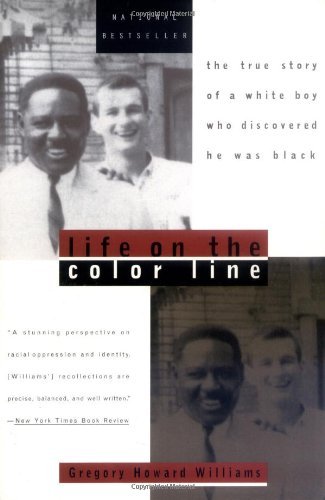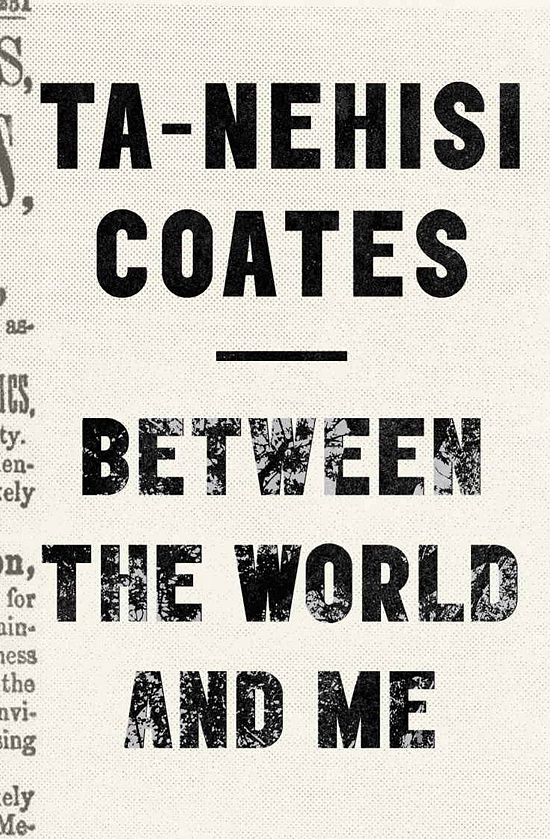
Dreams from My Father: A Story of Race and Inheritance
Book Description
A son’s quest for identity unfolds against the backdrop of race and family legacy. Barack Obama weaves a poignant narrative filled with personal struggles and profound revelations, navigating the intersections of his diverse heritage. As he confronts the ghosts of his father’s absence and the complexities of American society, each chapter reveals the emotional stakes of finding belonging and purpose. This gripping memoir challenges perceptions and invites reflection on the power of dreams. What does it mean to be shaped by your past while striving to forge a future?
Quick Book Summary
"Dreams from My Father" is Barack Obama's reflective memoir charting his journey to understand his personal identity within the larger context of family history, race, and politics. The book delves into Obama's early years, growing up as the son of a Kenyan father and an American mother, and follows his quest for belonging as he navigates complex questions about race and heritage. Obama candidly explores his experiences with alienation, community organizing in Chicago, and the daunting task of reconciling the absence of his father with the impact of his legacy. As he travels from Hawaii to Chicago to Kenya, Obama wrestles with personal and societal expectations, ultimately shaping his sense of self and public purpose. The memoir elegantly intertwines personal stories with broader social themes, offering powerful insights on identity and the enduring pursuit of meaning.
Summary of Key Ideas
Table of Contents
Navigating Racial Identity and Heritage
Barack Obama's memoir begins with his complex childhood, shaped by the dual influence of his white American mother and his Kenyan father, whom he barely knew. Growing up in Hawaii and Indonesia, Obama faces questions about race and self-understanding from a young age. These early experiences instill in him both a sense of displacement and a desire to belong, as he tries to reconcile the cultural differences and expectations placed upon him. His mother’s unwavering support and his family’s stories become central to his search for identity.
Impact of Family and Parental Absence
As Obama comes of age, the absence of his father becomes a formative part of his emotional landscape. Through limited letters and stories told by others, Obama constructs an image of his father as an intellectual and political figure, but also recognizes the disconnection between myth and reality. Wrestling with feelings of abandonment, he contemplates the ways parental legacy both shapes and complicates his journey toward self-acceptance. This process reveals the broader impact of family heritage on personal direction.
Community, Belonging, and Activism
Obama’s move to Chicago marks a turning point as he becomes deeply involved in community organizing. There, he encounters the struggles faced by Black communities and is introduced to the complexities of urban poverty, systemic racism, and hope for change. Working to mobilize residents and bridge divides, Obama learns hard lessons about leadership, disappointment, and the persistent barriers in American society. These experiences sharpen his awareness of social responsibility and sow the seeds for his later political engagement.
Reconciling Personal and Political History
A transformative trip to Kenya offers Obama the opportunity to explore his paternal roots, meet family members, and confront the legacy of his father firsthand. Immersed in the history and contradictions of his Kenyan heritage, Obama confronts painful truths about his family’s past and the realities of anti-colonial struggle. The journey helps him forge a more mature and nuanced understanding of identity, blending pride, grief, and the knowledge of shared destiny across continents.
Forging a Purposeful Future
By the memoir’s conclusion, Obama reflects on the integration of his diverse experiences into a coherent sense of self. He acknowledges the ongoing nature of reconciling personal, familial, and social histories while aspiring to live purposefully in service to others. Through introspective storytelling and candid examination of race, family, and politics, "Dreams from My Father" illuminates the ongoing process of identity formation—and the ways dreams can both haunt and guide us as we shape our futures.
Download This Summary
Get a free PDF of this summary instantly — no email required.





